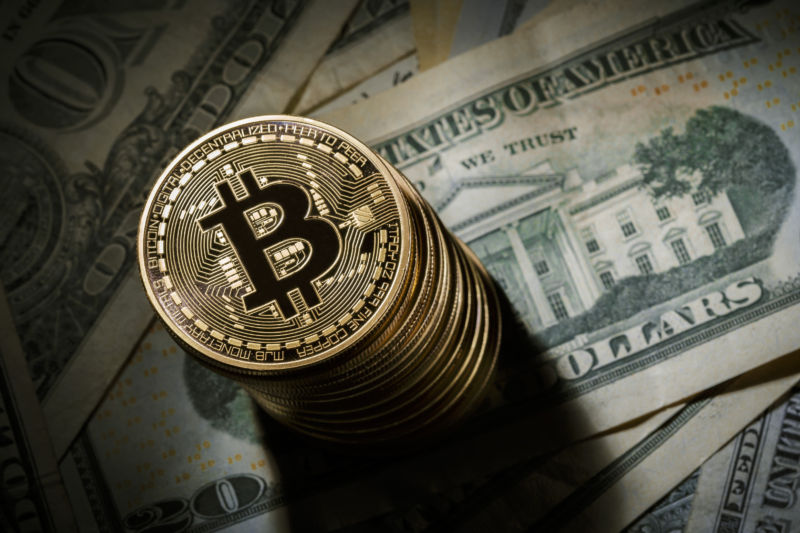
The price of one bitcoin rose above $14,000 on Saturday morning. It was the first time the virtual currency reached that level since January 2018. As I write this, the currency is trading for around $13,800.
Bitcoin, a currency whose name has become synonymous with price volatility, has seen three major bull runs in the past. Bitcoin’s price peaked around $30 in June 2011, around $1,100 in January 2014, and just below $20,000 in December 2017. Each peak was followed by a wrenching crash where the currency lost more than 80 percent of its value.
After the last bubble peaked in December 2017, the price steadily deflated until it reached a low around $3,200 in late 2018. It reached a peak around $13,800 in mid-2019, fell to $4,000 in early 2020, and has now soared back to $14,000. Bitcoin fans are hoping for another boom that pushes the currency past the highs of 2017, but that’s far from a sure thing.
Bitcoin’s price has risen even though early ideas didn’t pan out
Early excitement about bitcoin, from roughly 2010 to 2015, was based on hopes that it would become a mainstream payment network. That never panned out. During periods of heavy use, the bitcoin network can get congested, leading to sky-high fees and hours-long delays for lower-valued transactions to clear. Proposals to dramatically expand the network’s capacity have been strongly opposed by bitcoin traditionalists.
The third bitcoin boom in 2017 was driven by a proliferation of new cryptocurrencies and a fad for “initial coin offerings.” People who wanted to invest in new blockchain-based currencies would often first purchase bitcoins and then swap the bitcoins for a new token, boosting bitcoin’s price in the process. Many of these offerings turned out to be worthless, souring investors on the concept and triggering a crash in 2018.
It’s not clear what’s driving bitcoin’s latest resurgence. One significant development has been the emergence of “decentralized finance” services that offer blockchain-based alternatives to loans and other traditional bank services. While these services mostly aren’t based on bitcoin, rising interest in other cryptocurrencies tends to push up bitcoin’s price. Boosters hope that these new “DeFi” services based on smart contracts will disrupt the conventional financial system. I remain skeptical.
Bitcoin also continues to attract interest from mainstream investors who simply want to diversify into a new asset class. Payment provider Square likely contributed to the current rally in early October when it announced it was buying $50 million in bitcoin—representing about 1 percent of the firm’s assets—as a way of diversifying its investments.
Square described bitcoin as an “instrument of economic empowerment,” touting the technology’s potential to expand access to financial services globally. Square has offered a bitcoin trading service since 2018.
https://arstechnica.com/?p=1718652

